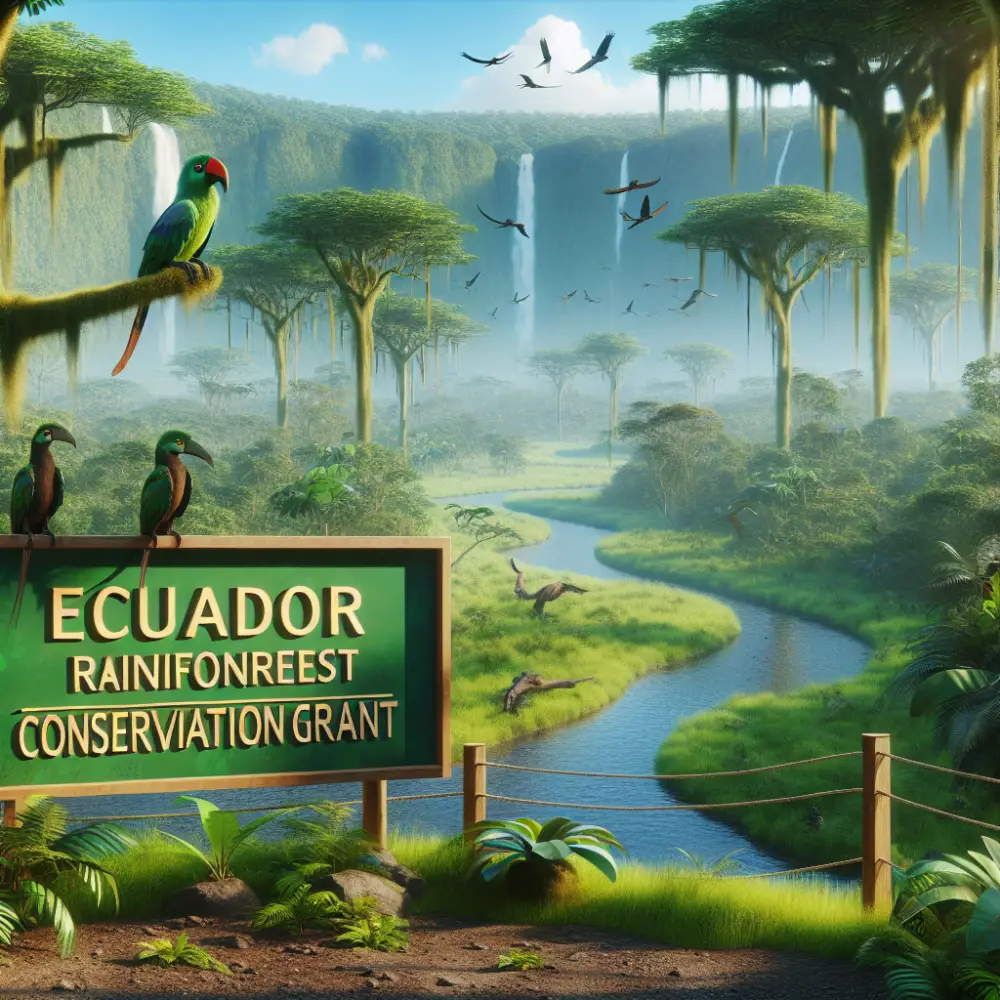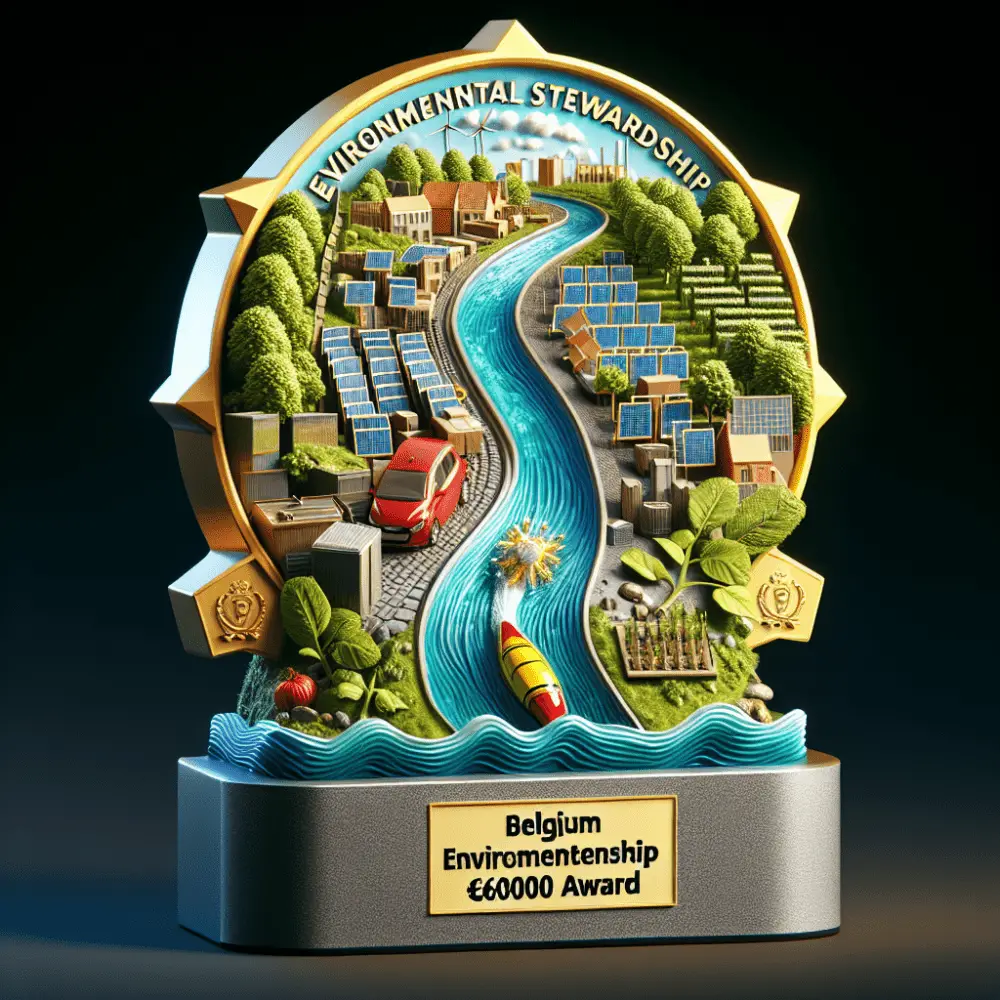Scholarship details
The Ecuador Rainforest Conservation Grant stands as a beacon of hope for the Amazon, offering a prestigious opportunity for those passionate about preserving Ecuador’s rich biodiversity. This initiative, brought forth by a renowned conservation organization, aims to protect the lush habitats home to countless species while fostering sustainable environmental stewardship. It provides financial backing to the most deserving candidates, paving the way for the next generation of conservation leaders. The impact of the Ecuador Rainforest Conservation Grant extends far beyond its financial assistance; it is a gateway to a transformative journey that plays a crucial role in protecting one of the planet’s most critical ecosystems.
Scholarship Provider
Sponsored by the Rainforest Trust, a globally recognized leader in conservation, the Ecuador Rainforest Conservation Grant embodies the organization’s commitment to protecting endangered species and tropical habitats. With more than thirty years of conservation achievements, the Rainforest Trust has safeguarded millions of acres of vital rainforest terrain across the globe, from Latin America to the remote corners of Oceania. The organization’s approach, rooted in strategic partnerships and active community involvement, showcases a steadfast dedication to biodiversity conservation and implementing sustainable environmental solutions. This grant is a testament to Rainforest Trust’s vision of a thriving planet.
Host Country Overview
Ecuador’s allure lies in its unmatched biological diversity and breathtaking natural beauty. Nestled on the northwest coast of South America, this country is a treasure trove of ecological wonders, housing a substantial portion of the Amazon rainforest. This vibrant ecosystem is a sanctuary for various unique plant and animal species, from the majestic jaguars prowling its depths to the colorful macaws that adorn its skies. Despite the looming threats of deforestation and the illegal wildlife trade, Ecuador’s commitment to its natural heritage shines through in its extensive national parks, reserves, and conservation efforts. The Ecuador Rainforest Conservation Grant invites participants to immerse themselves in this ecosystem, offering a hands-on experience in one of the world’s most important biological hotspots.
Eligible Applicants
The grant is designed for individuals with a fervent interest in rainforest conservation and a dedication to environmental protection. Ideal candidates have relevant academic or professional backgrounds in biology, ecology, forestry, environmental science, or related fields. While previous experience in fieldwork or research is advantageous, the scholarship is also open to passionate individuals from various disciplines eager to contribute to biodiversity conservation. The program values innovative thinking, leadership capabilities, and an earnest commitment to environmental betterment.
Scholarship Benefits
The Ecuador Rainforest Conservation Grant Awardees will benefit from comprehensive financial support covering travel, lodging, meals, research materials, and other associated project costs during their engagement in Ecuador. Beyond monetary aid, the scholarship offers access to a wealth of resources, including mentorship by seasoned conservation professionals, networking with local experts, fieldwork training, and logistical assistance for project execution. This unique opportunity enables scholars to participate actively in conservation efforts, acquiring invaluable skills and insights vital for their future endeavours in environmental preservation.
Level and Field of Study
The Ecuador Rainforest Conservation Grant supports research or projects focused on rainforest conservation in Ecuador. It is open to individuals at various stages of their academic or professional journeys. The grant is suitable for undergraduate and graduate students and professionals in biology, ecology, forestry, environmental science, and related disciplines seeking to make a meaningful contribution to conserving one of the earth’s most vital natural resources.





















